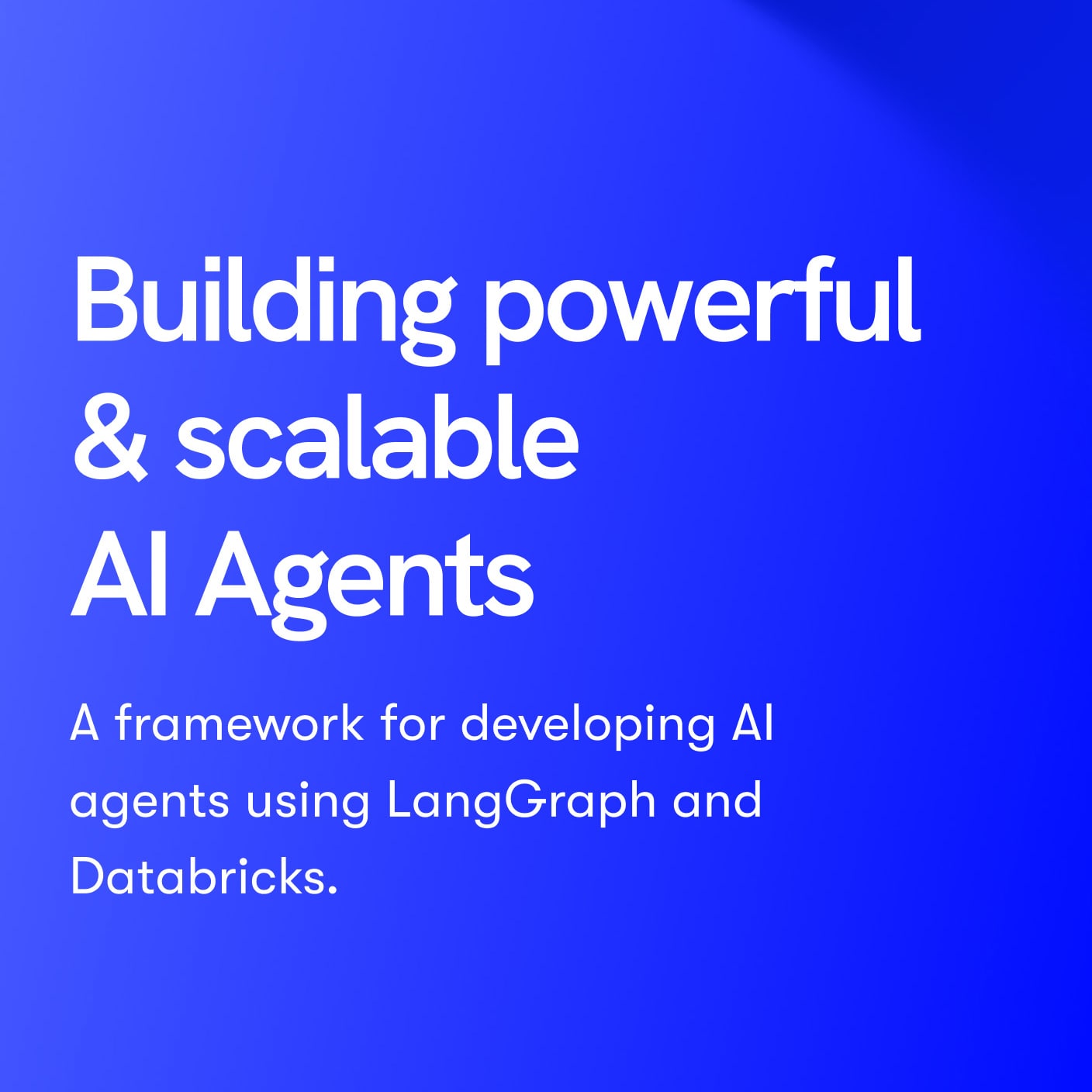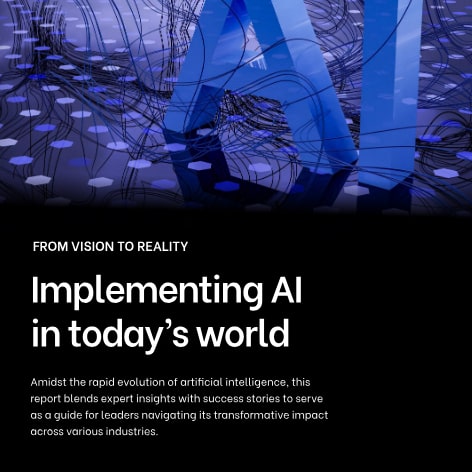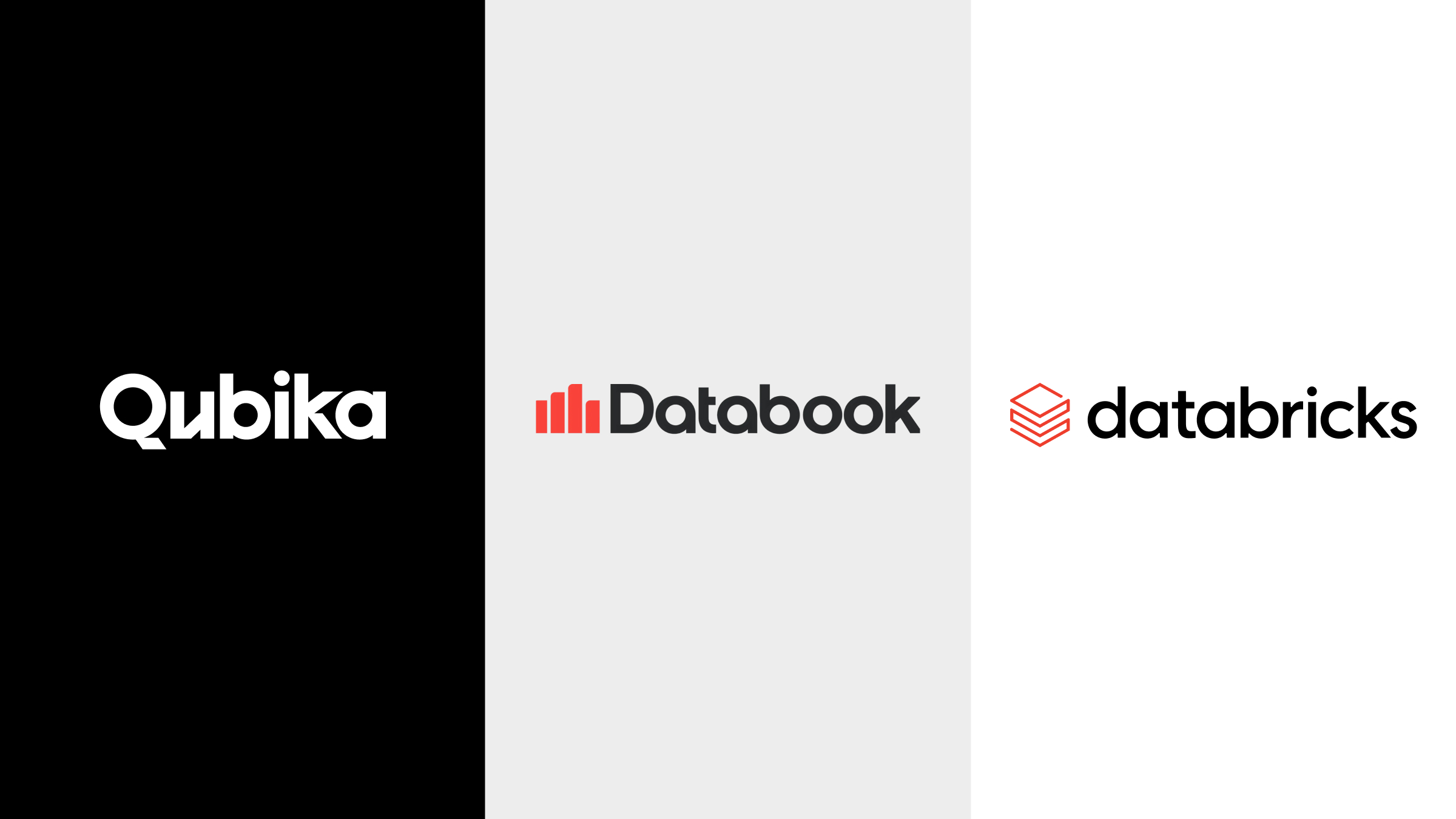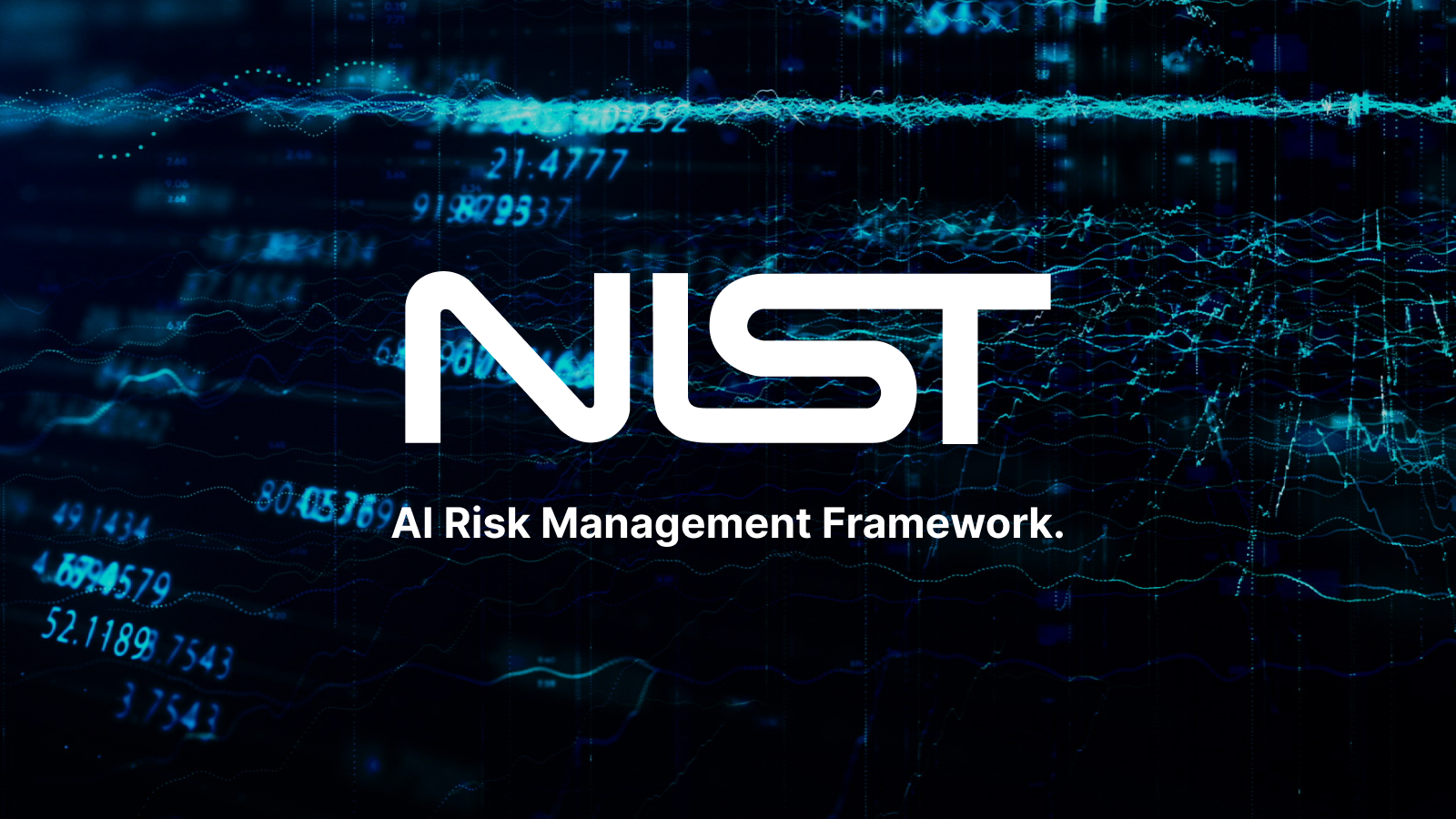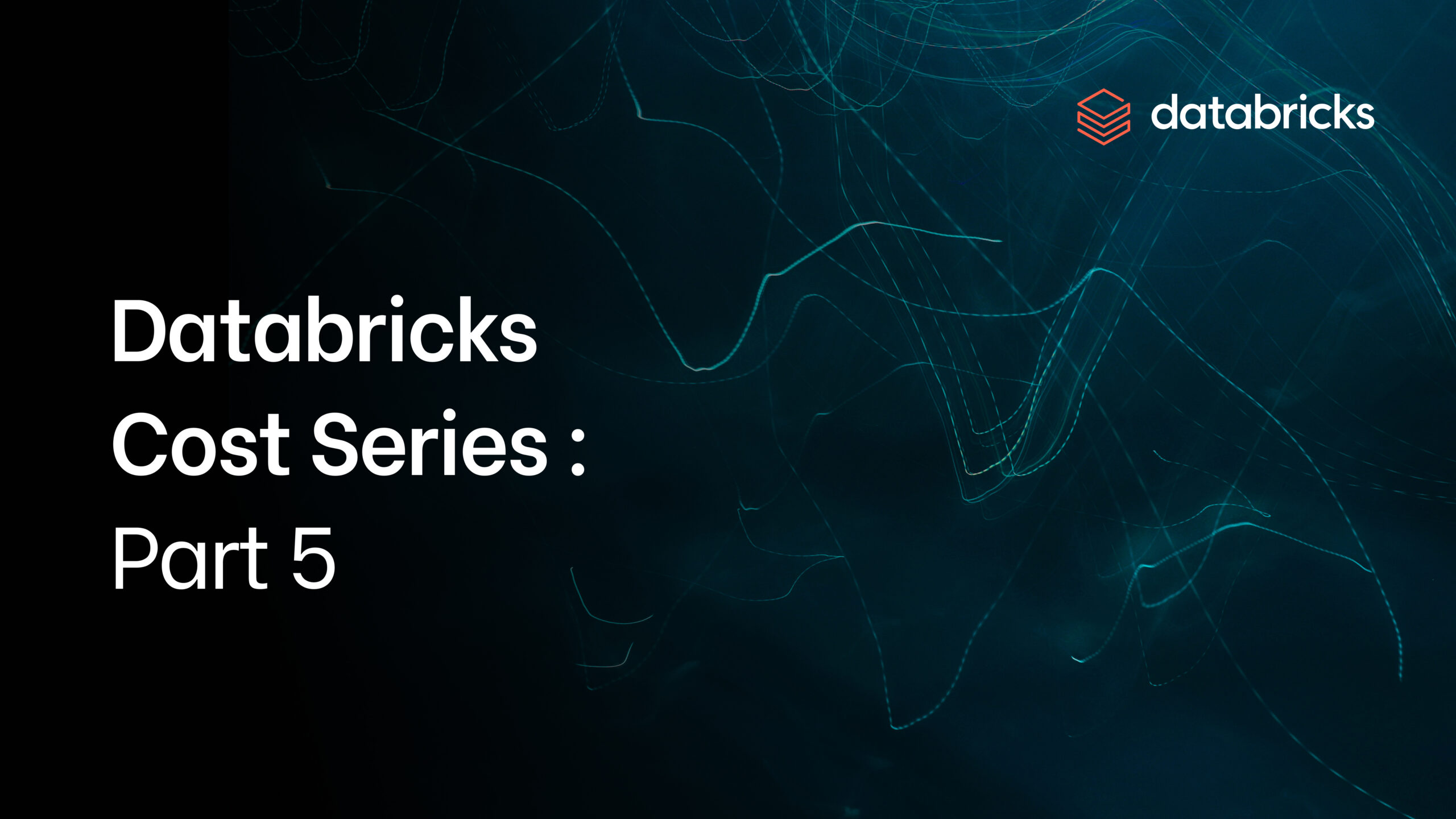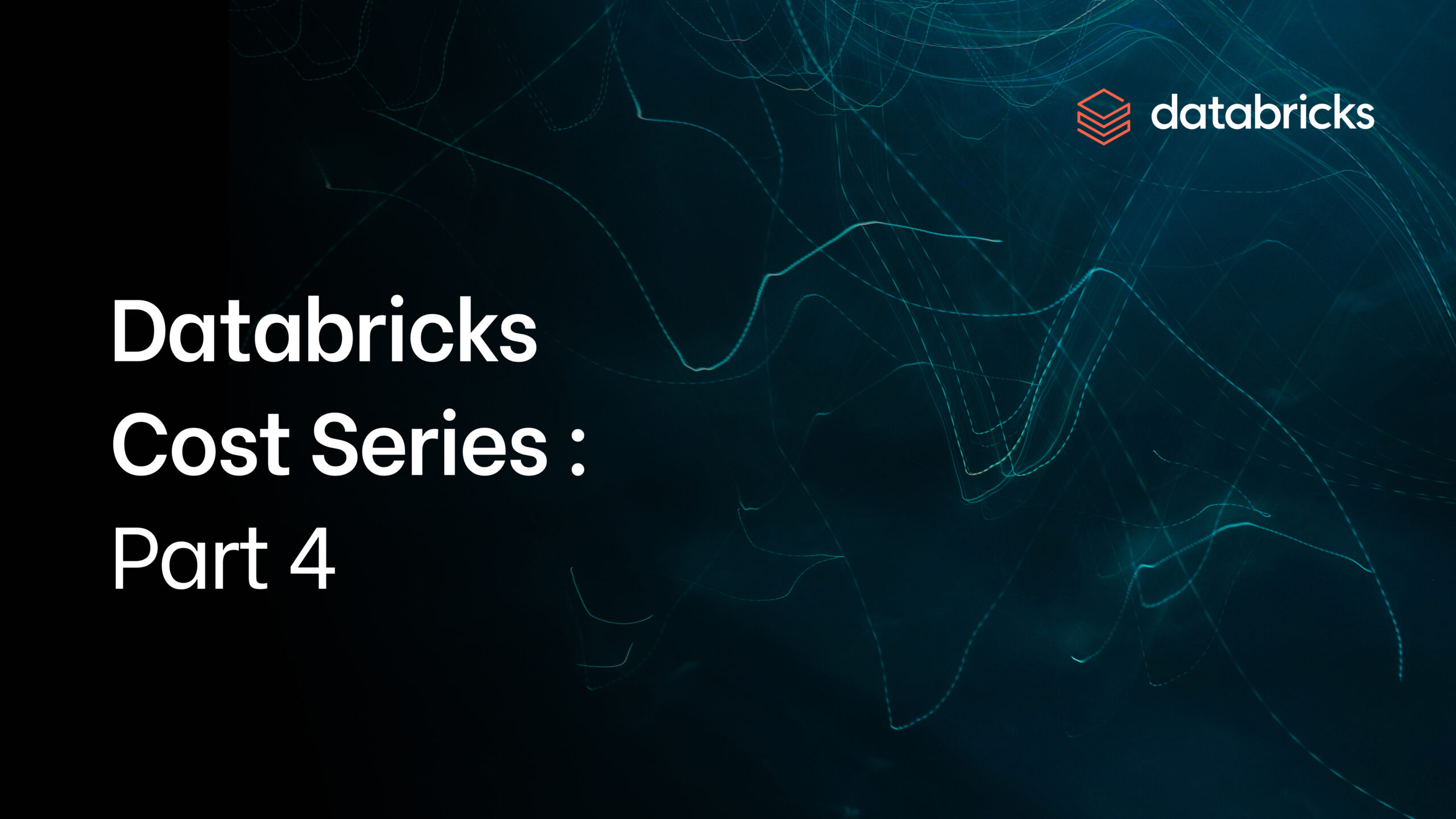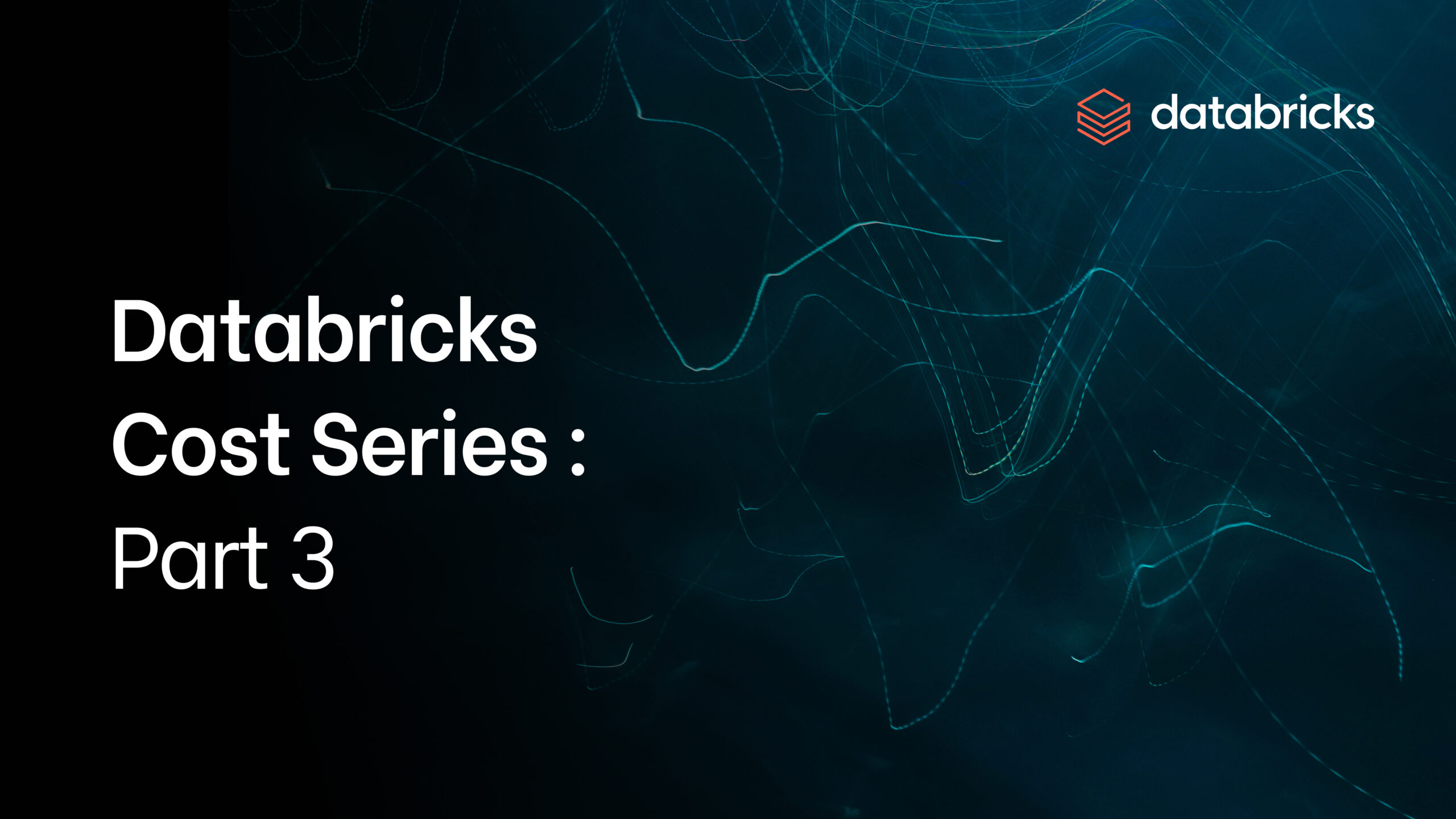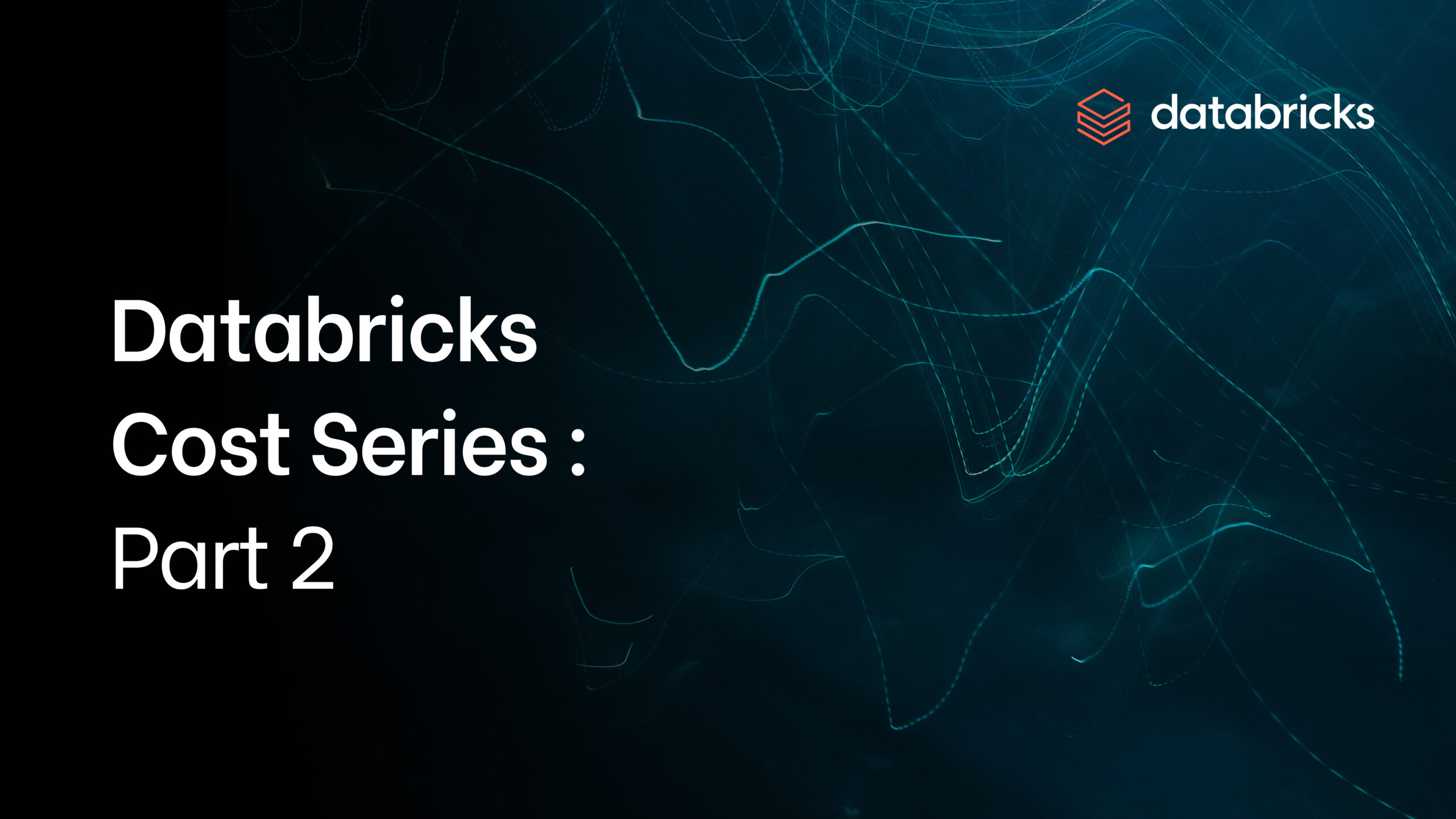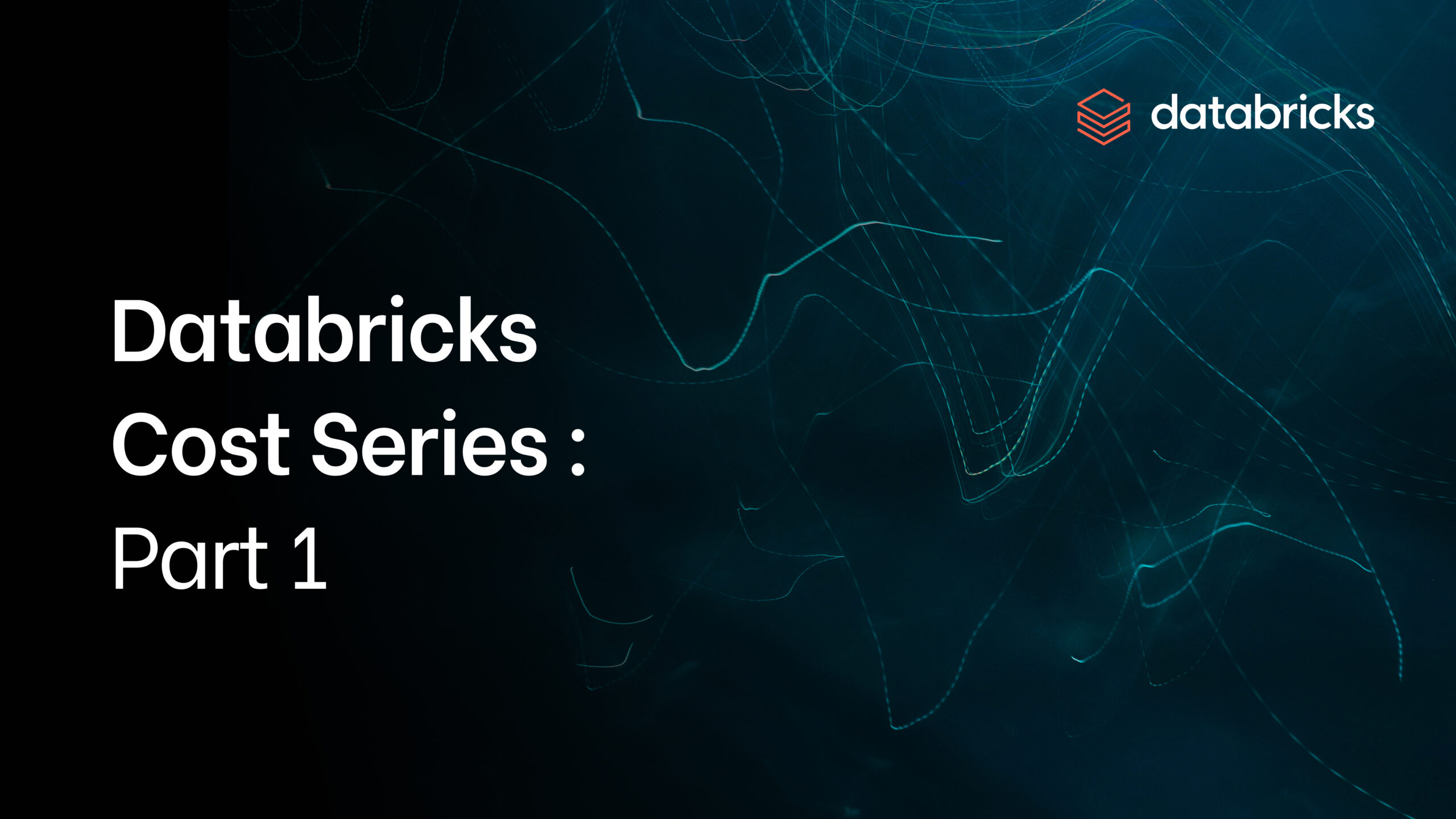When people are growing up, they usually start dreaming about what they would like to become when they are adults (teacher, doctor, football player, etc). Later on, after school and based on their own interests and natural talents, people tend to choose to study a profession that resonates with those and they end up becoming engineers, designers, business administrators or even entrepreneurs, among many other possibilities. However, I’ve never heard about anyone yet whose dream was to become a Product Manager (PM). In fact, people transitioning into a product management career come from diverse backgrounds. This is because it is a role that you usually may encounter as a good next step as you are moving forward in your career path, rather than something you’re pursuing from the very beginning of it.
Product/Service management is a melting pot of skills, experience and creativity, where actually, coming from any one of these paths, brings to the table a unique way to approach the role and can even become your greatest strength. So if you are looking to start a product management career transitioning from a different field, you probably already have a lot of what it takes. You just need to figure out how to translate your existing skills and leverage them to break into this dynamic and evolving role. Let’s dive a bit into each one of these potential paths and how you can do it.
From engineering to product: The power of leveraging technical fluency in product management
Let’s start with engineers, this background is often seen as the “natural-path” to product management in today’s fast paced tech-driven world. If you come from an engineering or technical field, you already have a significant advantage, especially if you are working in tech-heavy environments, where your technical experience will be valued as you already have the skills to communicate effectively with engineering teams, understanding technical challenges and even you can actively contribute to decisions regarding architecture, scalability and infrastructure.
In other words, you speak their language, so you can leverage this technical fluency to bridge gaps between the engineering team and other stakeholders, ensuring that technical decisions are aligned with the business goals and by leveraging the “building blocks” mindset, a common characteristic of engineers, knowing how to quickly and effectively translate product high level business requirements into smaller more functional and technical specifications understandable for the engineers.
These tech skills are also helpful when it comes to refining the product roadmap, where you can quickly assess whether a product feature is technically feasible and quickly get in agreement regarding accurate high level estimations. Also, a technical background combined with its inherent problem-solving skills, enable you to guide engineers throughout the execution phase, as you can sit with them and have deep meaningful conversations as needed about architecture, scalability and technical debt, helping them to face any challenge presented and helping them to optimize their development cycles to align with business needs and priorities.
Transitioning from design to product management: Mastering the art of putting the user at the center
As a designer, one common career path you may end up taking is to become a designer of digital products. If you’re one of them, and you’re not content with simply focusing on the aesthetics of a product, but are passionate about the entire development journey from ideation to launch, then a product management career is for you. You may want not only to drive decisions on how the product should look like, but you also want to take part in the decision making of what is the best solution to build that solves a particular problem among many options. Additionally, you might even find it rewarding taking a step back to understand why you are building it in the first place, and determining the strategies to bring it to market as a successful product. If all these points resonate with you, probably transitioning to a PM role would be an interesting next step in your career.
Your current skills as a designer give you significant advantages as a PM, due to your natural user-centered perspective. While others might get caught up in the business or technical details, your ability to put the users first and drive your decisions based on what is more valuable to solve their needs, is one of the most important skills that PMs should have. Therefore, remarkable designers’ skills such as empathizing with users and understanding their needs/pain points by doing proper UX research: interviews, surveys, user testing, etc; is really useful and essential during the discovery phase of the product development lifecycle, especially for new products.
Also for existing products that are in continuous improvement, being a PM coming from a design background, will make it easy for you to rapidly prototype new ideas and test them with real users to validate concepts early, saving time and reducing risk. In addition, your natural abilities to continuously advocate for simplicity and intuitive interfaces of your product, will bring to the table a key differentiator in the product definition, defining products and features that won’t be just usable, but loved by the people who interact with them.
Using marketing and sales skills to excel in product management: Building products that sell themselves
Some people have taken the career path to work in marketing and sales. If you have worked in these areas, this background has already provided you with a deep understanding about the market-dynamics, customer journey and go-to-market strategies. This understanding enables you to excel in getting customer insights, market analysis and building positioning and sales strategies.
All these skills can help you thrive as in a product management career in your current company, as you can leverage your vast knowledge about the customer: who they are, what their needs and common pain points are and how to effectively deliver value to them, to position your product(s) in charge effectively, prioritizing the product features that truly meet customer needs. On the other hand, you can also leverage your knowledge in go-to-market strategies to excel in developing launch plans, driving customer adoption and iterating based on feedback from the market, helping to align product development with business growth and ultimately contributing to achieve the product-market-fit.
Operations & finance background in product management: Streamlining and playing the numbers game for success
Now, let’s talk about people who come from operations, process management or even finance. You may not immediately think of any of these fields as a launch pad for a product management career. But the reality is that people coming from this background have amazing skills that are truly appreciated in the world of product management. In fact, some of them are especially valuable for high level positions in this role.
If you have a background in operations, you may thrive in process management, always finding ways to make things more efficient. You can apply this same operational mindset to the product development process and stand out as a PM. For starters, you could provide great quick win contributions on optimizing workflows, cutting out bottlenecks and ensuring that teams work efficiently together. But more importantly, your background will make you particularly good at managing dependencies and timelines (something that every PM struggles a lot with at the beginning and has to learn how to manage); allowing you to lead cross-functional teams with precision.
On the other hand, you can also have a background in finance, which provides you with a crucial skill to leverage, you have a deep understanding of how businesses make money. In your finance role, you master the art of things like: budgeting, ROI analysis and financial forecasting. These talents come to take place as a PM since you’ll be able to balance innovation with financial responsibility. For instance, when you have to justify a new initiative to tackle an opportunity you have identified. You’ll be able to effectively evaluate the long-term profitability of new initiatives, develop compelling business plans for leadership, and prioritize features that deliver tangible results. This ensures that product decisions align with the company’s financial goals, going beyond simply “cool” or “innovative” features.Being capable of achieving this balance will make you an invaluable asset, not only for your team but also for business leadership.
From Industry Expert to Product Manager: Leveraging deep knowledge for product success
In some cases, ending up performing a Product Manager role is a journey that started with having a deep and specialized knowledge of a particular industry. As same as for the other backgrounds already mentioned, if you are an industry expert, it also could bring to the table its own unique perspectives, skills and advantages that can be leveraged as a strategic asset to drive products to success.
While technical and core product management skills may still needed to be developed, your deep knowledge and understanding of market needs and challenges, combined with lots of valuable real-world user insights you can provide from your own past experiences, are significantly useful when it comes to define the product’s vision and create product strategies that are tailored to industry demands.
Your expertise would help you to not only understand the product’s landscape and impact within this industry specific market, but also to foresee future needs in it and therefore, to be able to design and prioritize features that resonate deeply with the end users.
Building other product management skills: Key areas to study based on your background
Your previous experience provides you with a good skill set that serves as a strong foundation for product management. However, in order to fully succeed and become a high-effective product manager, there are other key areas where you will need to expand your knowledge. Here is what to focus on, based on your background:
Engineering
- Product discovery – Customer empathy and user research. Deepen your knowledge of UX research techniques to get a proper understanding of your users and their needs to identify the right problem to solve and the best solution for it.
- Business acumen & strategy skills. Develop a strong understanding of market trends, competitive landscapes and business models.
Prioritization & roadmapping. Learn about prioritization techniques to learn how to prioritize features based on both user needs and technical feasibility. Learn how to balance tech debt with feature development, managing a product roadmap effectively to align with business objectives.
Design
- Business strategy & ROI. As a designer you have been focused on the UX, but it is key to also learn how to align design decisions with the business goals and return on investment.
- Stakeholder management. Develop skills managing and negotiation with cross-functional teams (business, engineering, marketing, sales, etc).
Product metrics & OKRs. Familiarize yourself with product success metrics (churn & conversion rates, customer satisfaction, etc) to understand how the decisions taken over the product impact its overall success. Also learn how to properly set the goals for your team based on business needs and how you’ll measure success on achieving those goals.
Marketing & sales
- Technical fluency & agile product development. You already excel at things like understanding your customer and go-to-market strategies. However you should learn more about the technical side of product development. Understanding the basics of software development life cycle, APIs and agile methodologies (i.e. Scrum, Kanban, SAFe) is key to effectively communicate with engineering teams and to better understand how features move from ideation to production.
Data-driven decision-making. Strengthen your ability to analyze product metrics, A/B testing results and other data sources that can inform product decisions.
Operations & finance
- Product discovery – customer empathy and user research: As an operations/finance professional, you’re already skilled on process efficiency, ROI and business metrics, but you should focus on learning how to understand and advocate for your users. Strengthen your skills on UX research to get a deeper knowledge of who they are and what are their pain points and needs, identifying the right problem to solve and the best alternative to solve it.
- Product strategy & market understanding. Gain a deeper understanding of go-to-market strategies and product positioning, competitive analysis and long term product strategy to guide better product decisions.
- Technical fluency & agile product development
Industry Expert
- Product Development & Technical Knowledge: Industry experts often have limited exposure to agile processes, development cycles, and technical concepts. Learning the basics of agile methodologies, product roadmapping, and technical requirements is essential to communicate effectively with development teams.
- Data Analytics & User Feedback: While they know the industry, it’s important to validate assumptions with data. Familiarizing themselves with analytics tools, user feedback analysis and A/B testing, will help industry experts turn their insights into measurable results.
Conclusion: Your background is your superpower to a product management career
If transitioning to a product management role sounds to you like an interesting next step in your professional career, no matter what your background is – whether engineering, design, marketing, sales, operations, or finance – the truth is that you already have many of the skills that can make you a great product manager.
Of course there is some additional homework for you to do, you may need to study and learn some new concepts and skills regarding the PM role, especially the ones that are not part of your professional background. But when transitioning to a PM role, don’t feel you are leaving your past behind, embrace it since you are not starting from ground zero, you already have a valuable set of skills that you can leverage. You just need to adapt it in new ways.
In product management, the more diverse and unique your perspective is, the more valuable you’ll be to your team, so don’t worry about fitting into a specific mold. Embrace what makes you different, resting assured that your background is not a barrier, is your superpower.
Ready to Elevate Your Product Journey?
Our Product Management Studio supports each step, from strategic planning to optimized monetization and beyond. Let’s help you unlock impactful results with tailored strategies that drive sustainable growth.

